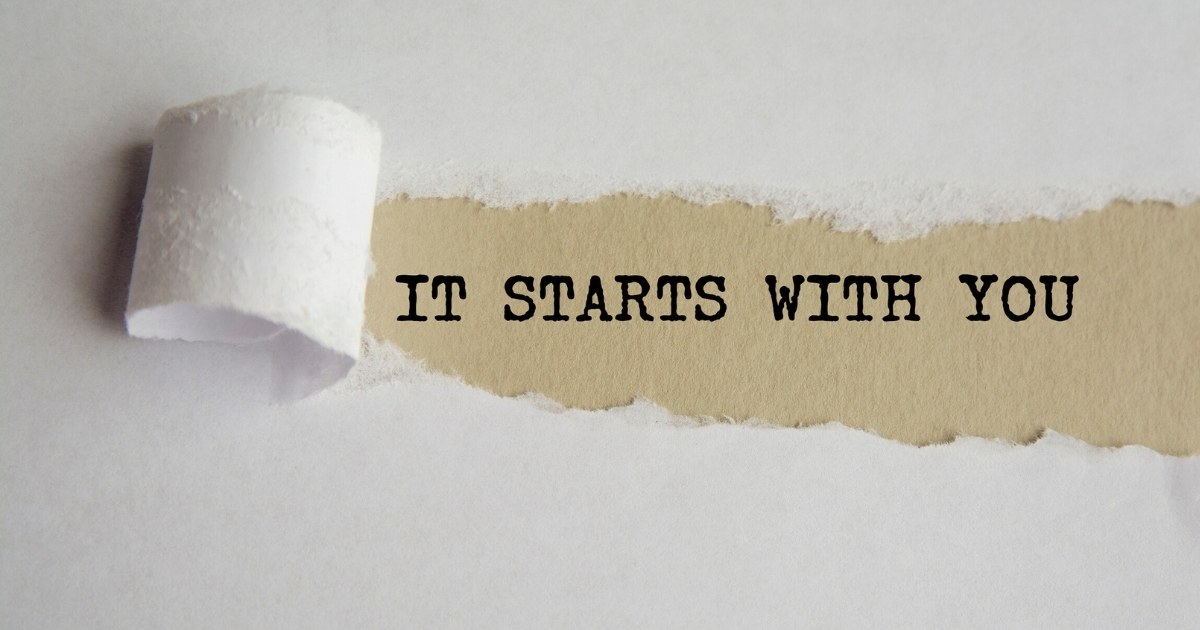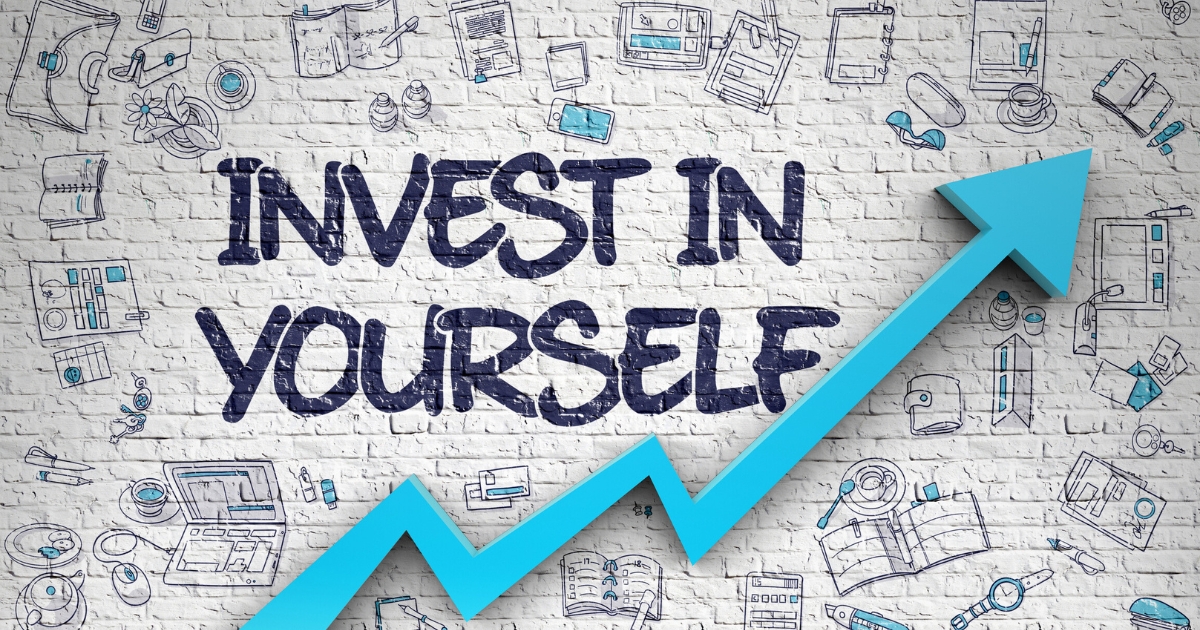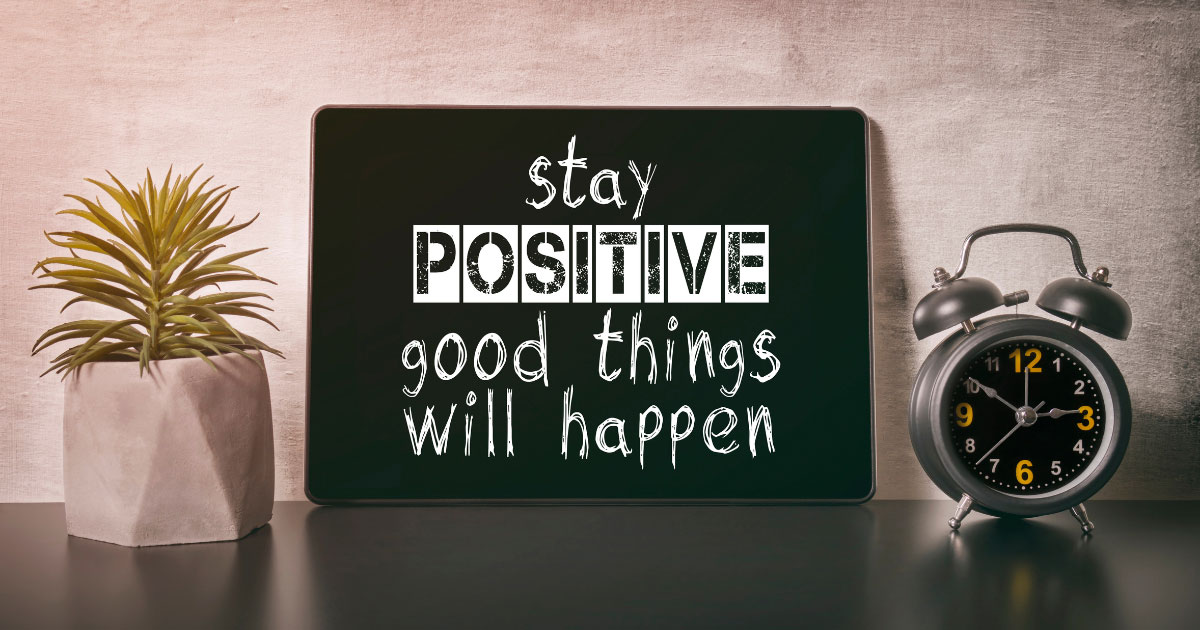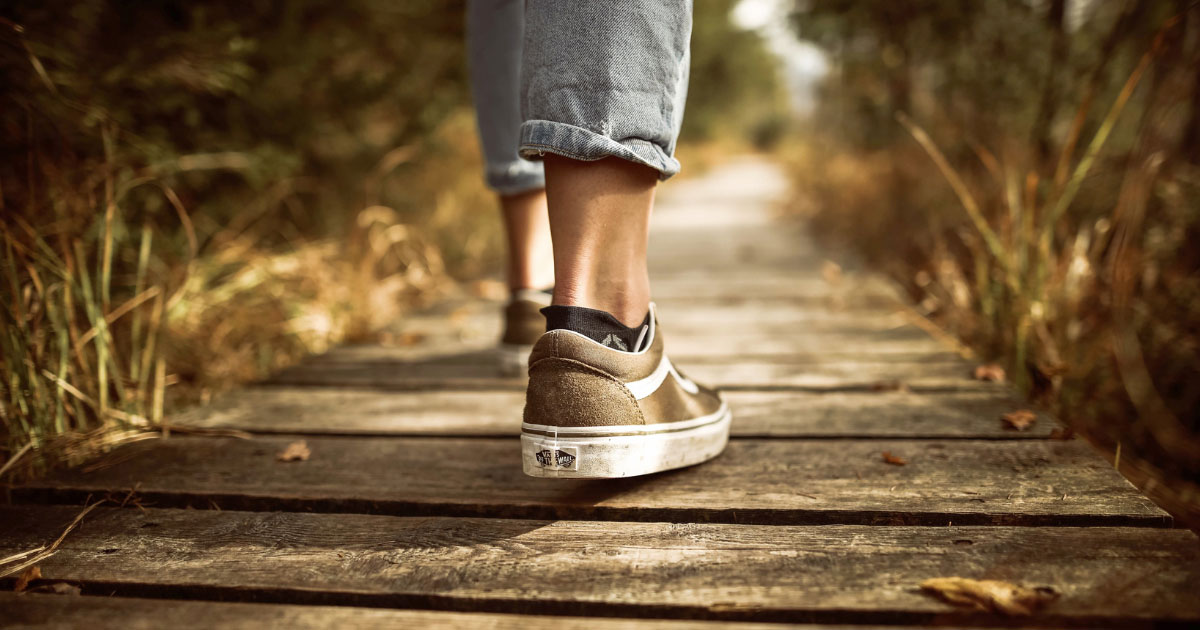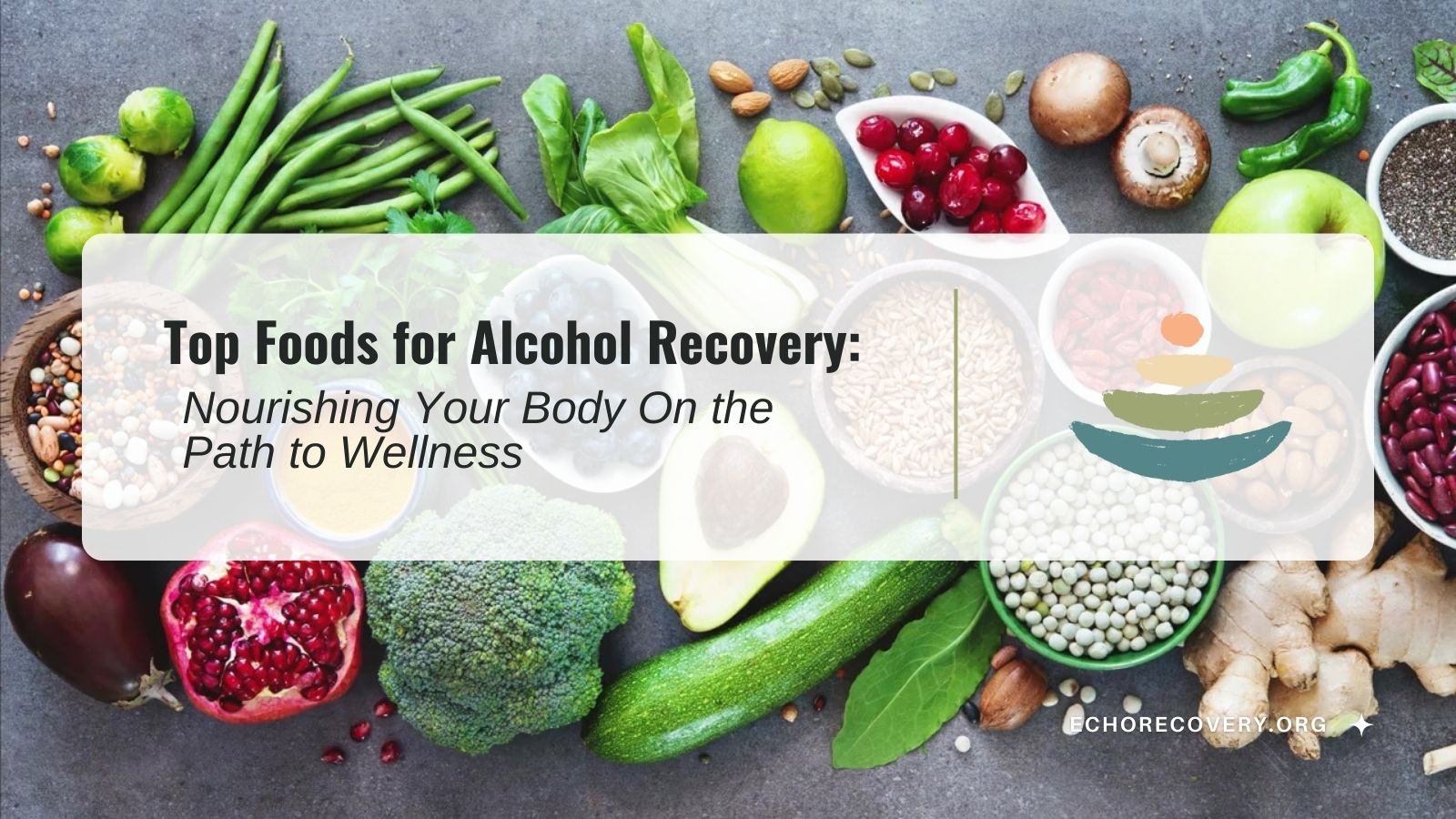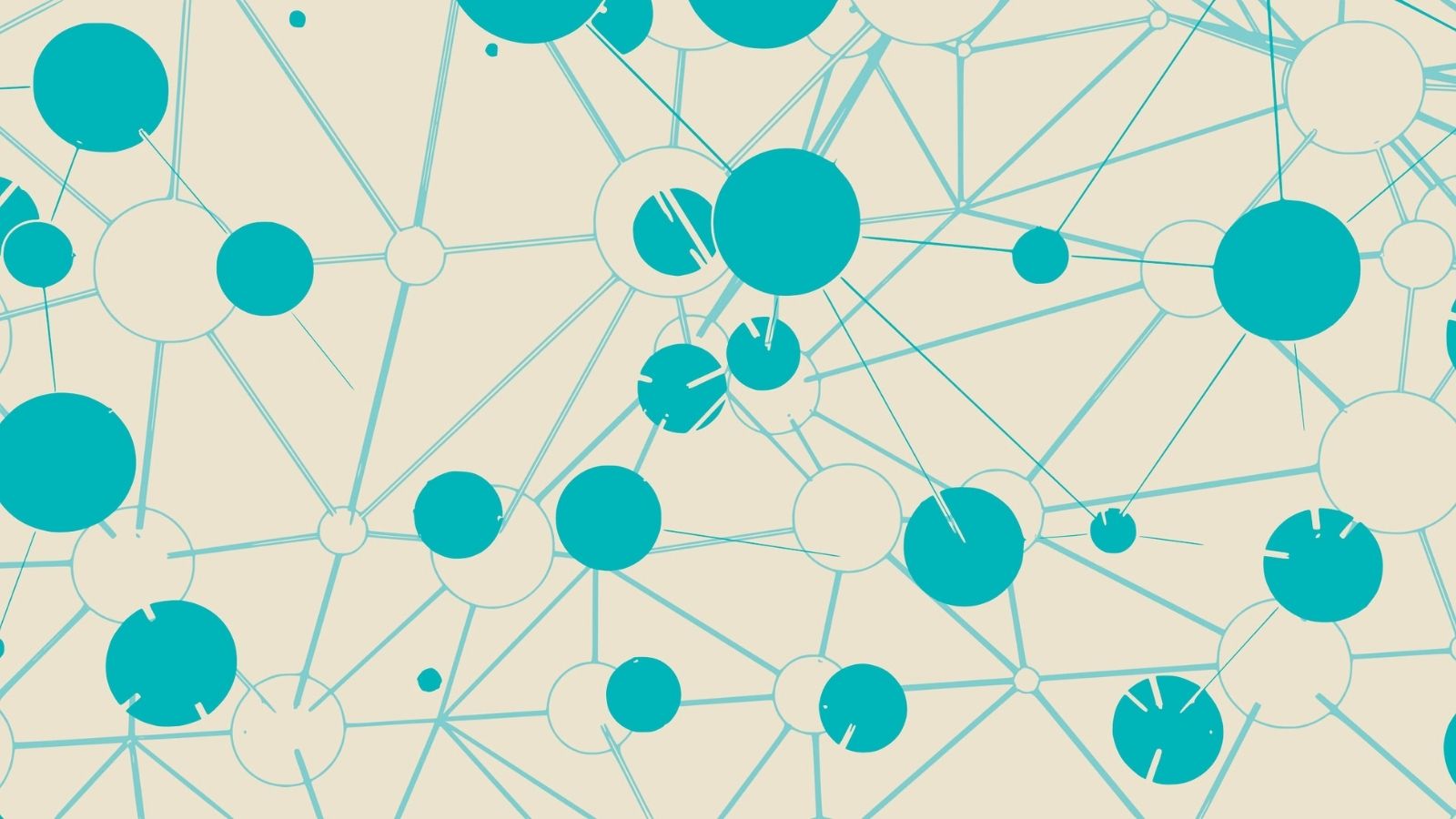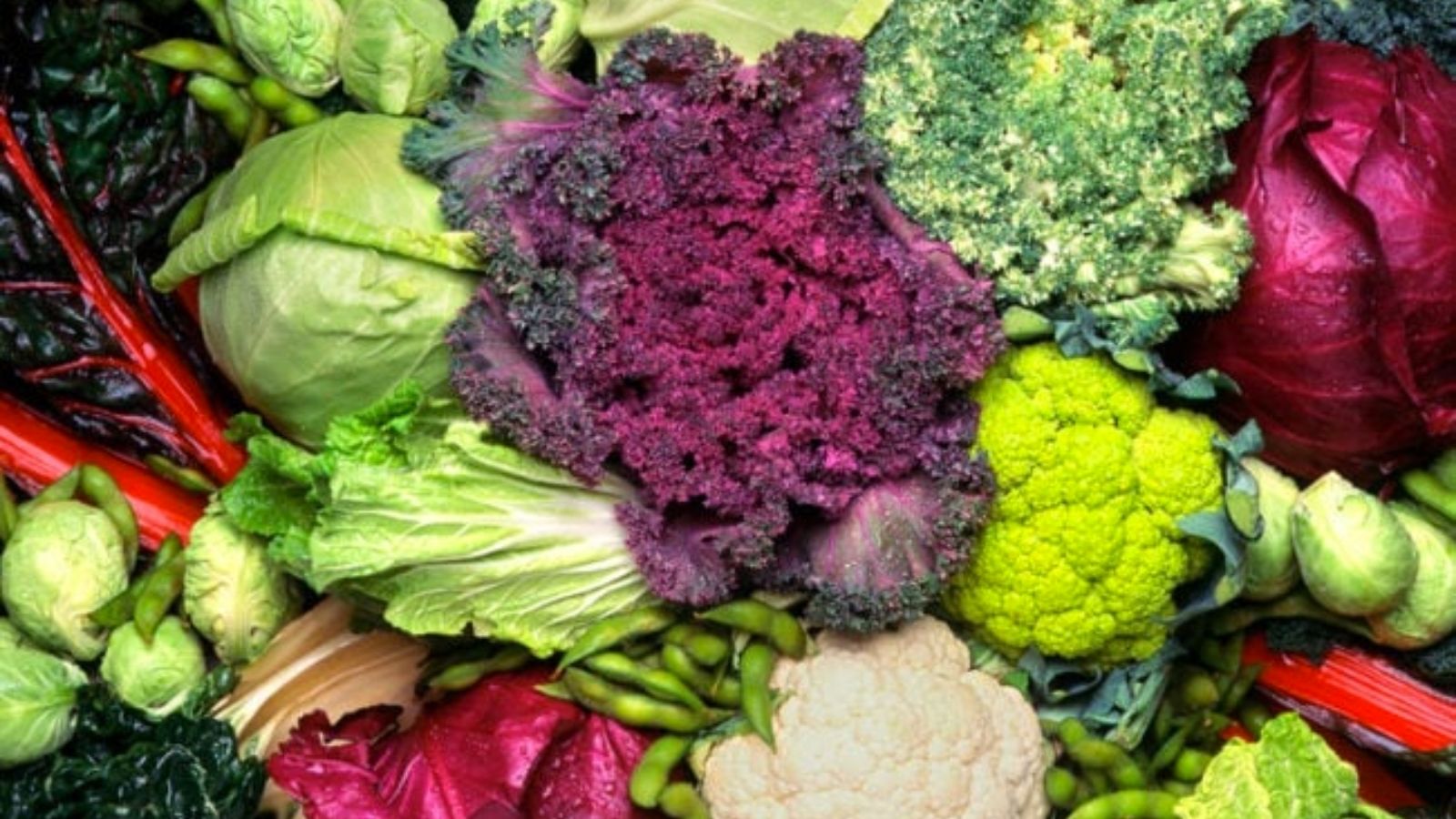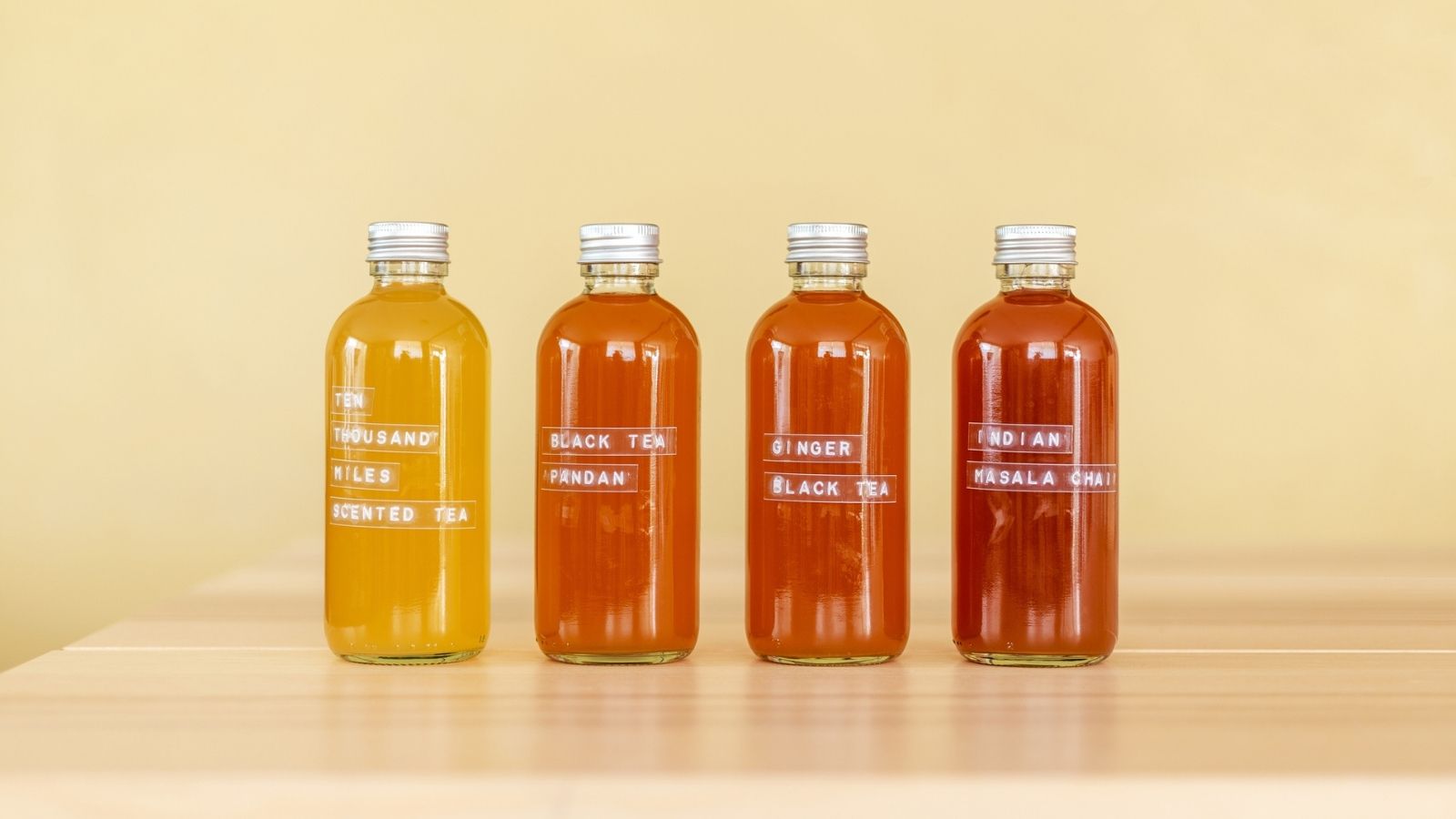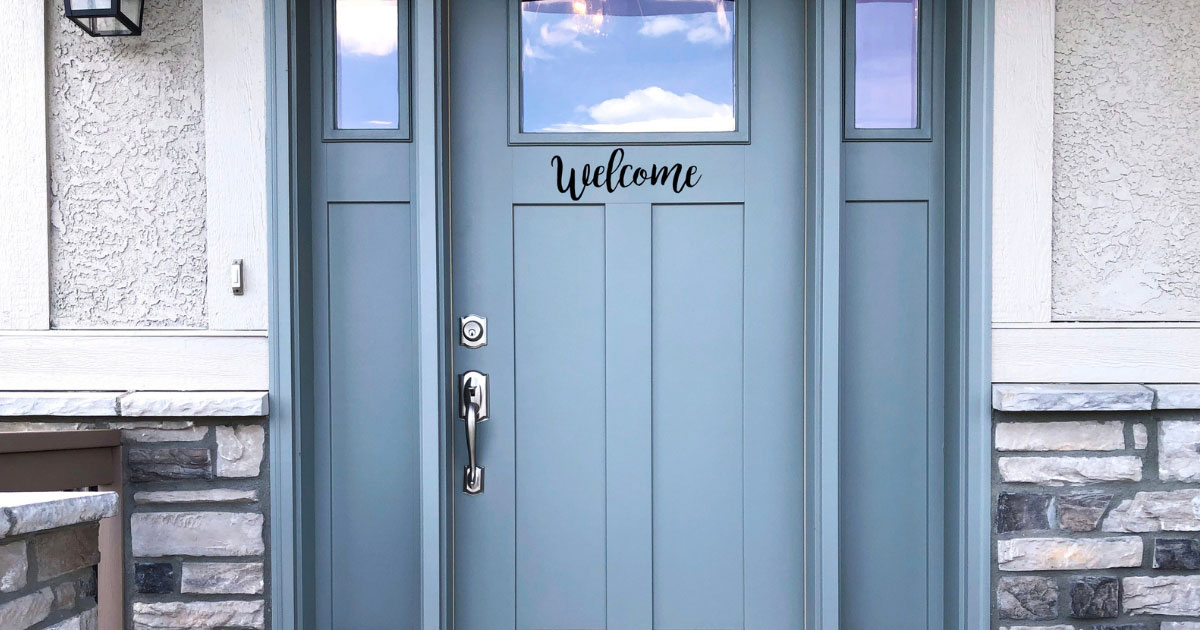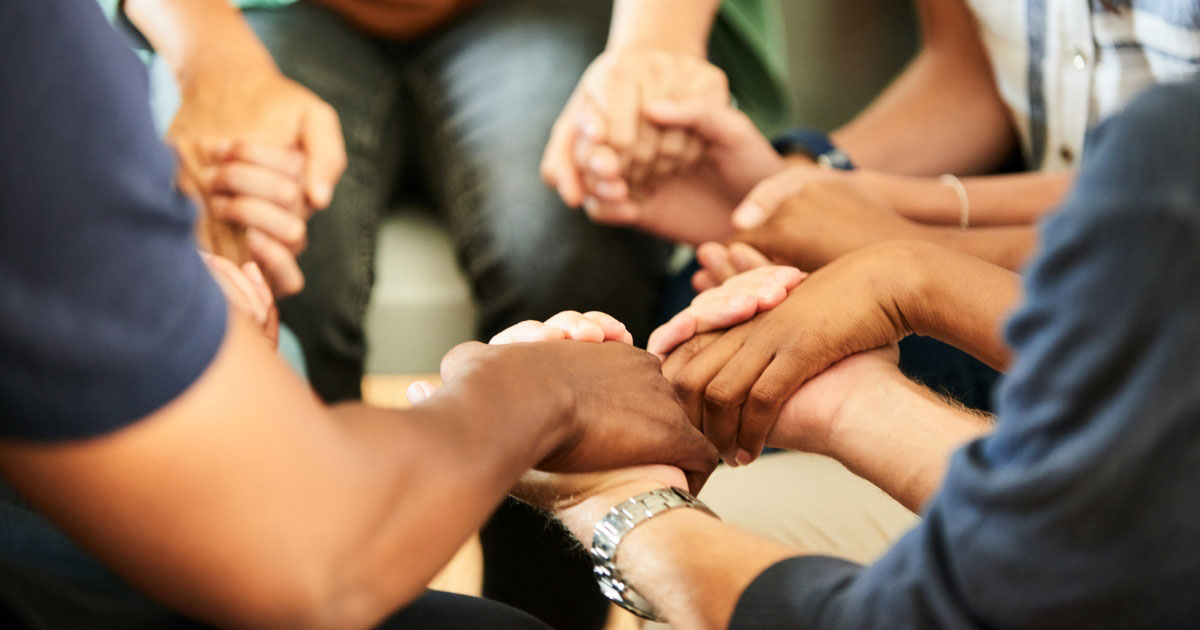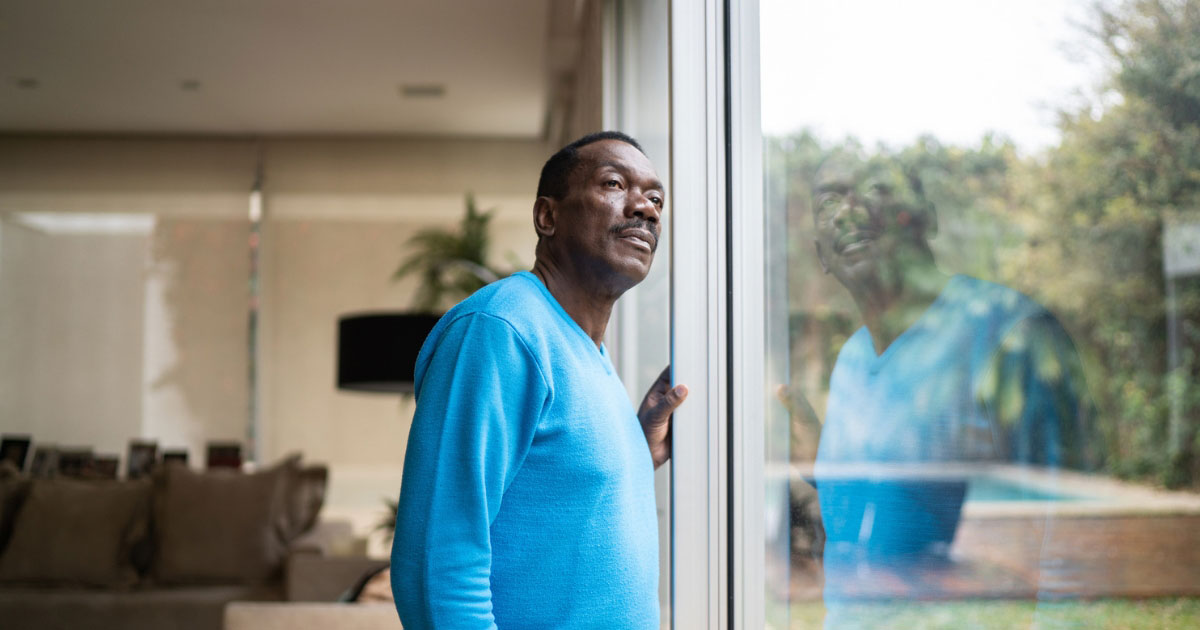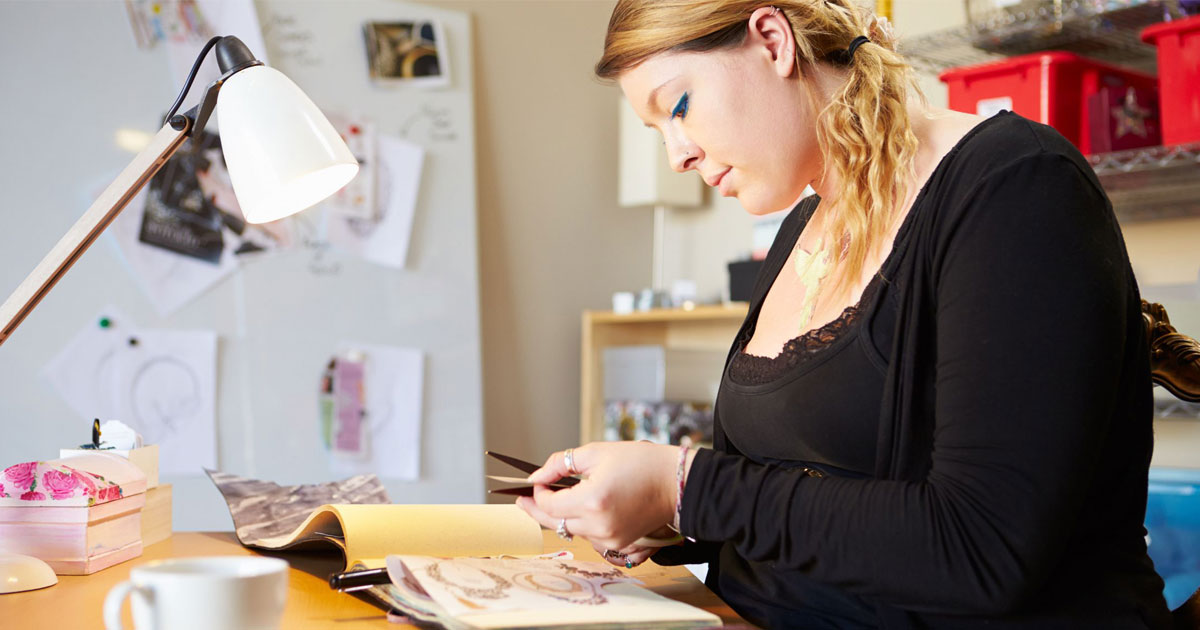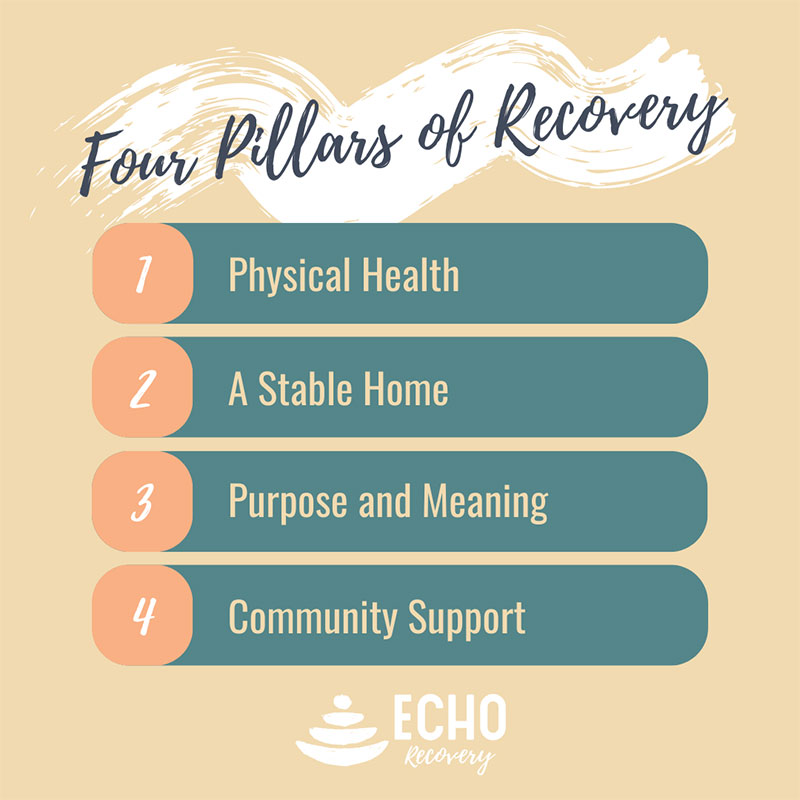As we move through March, the festive spirit of the holiday season may feel like a distant memory. During fall and winter, celebrations such as Thanksgiving, Christmas, Hanukkah, Kwanzaa, and others emphasize the importance of gratitude, reminding us to cherish the food, gifts, and moments shared with loved ones. Yet, the practice of living in gratitude shouldn’t be confined to a specific season. It holds immense value throughout the entire year, particularly for individuals with AUD or those navigating the journey of recovery.
Alcoholics Anonymous (AA), in particular, features many guiding principles that can be used to help you recover from alcohol use disorder (AUD) or any substance use disorder and emphasizes living every day in gratitude. Of course, doing so is challenging for anyone, including people in recovery, but a focus on AA can help.
Our ECHO Recovery community frequently references the principles of AA and how they can help you not only seek recovery but also empower your life and work toward self-improvement. So, while I know how much alcohol can impact both the individual and the family and just how much work it takes to ask for help and walk the path toward recovery, a focus on gratitude can be one of the most important components of maintaining that walk. AA can teach us all how to live every day with gratitude.
Why Is Gratitude Important In Recovery
If you’ve ever experienced alcoholism or known a loved one who was struggling with AUD or substance use disorder (SUD), you may have encountered the characteristic negative self-talk about your/their character, future, and more. Unfortunately, when you think and behave negatively, it can begin a cycle that’s hard to change. However, if you can remind yourself to be grateful for the things that are going well – no matter how small – you can improve both your mental and physical health. In fact, studies have shown that people who think more positively can experience health benefits, including a healthy weight, low blood pressure, and a longer life.
By practicing gratitude in recovery, you can focus on more hopeful thoughts, which can help you gain the confidence you need to navigate the process and begin a more fulfilling life. I know how difficult this can be because there are many times when I’ve dwelled on past mistakes instead of finding gratitude for the many wonderful things happening along the way. But, if you can incorporate gratitude into your daily routine as part of your recovery, you may find the process easier to navigate.
What Does AA Say About Gratitude
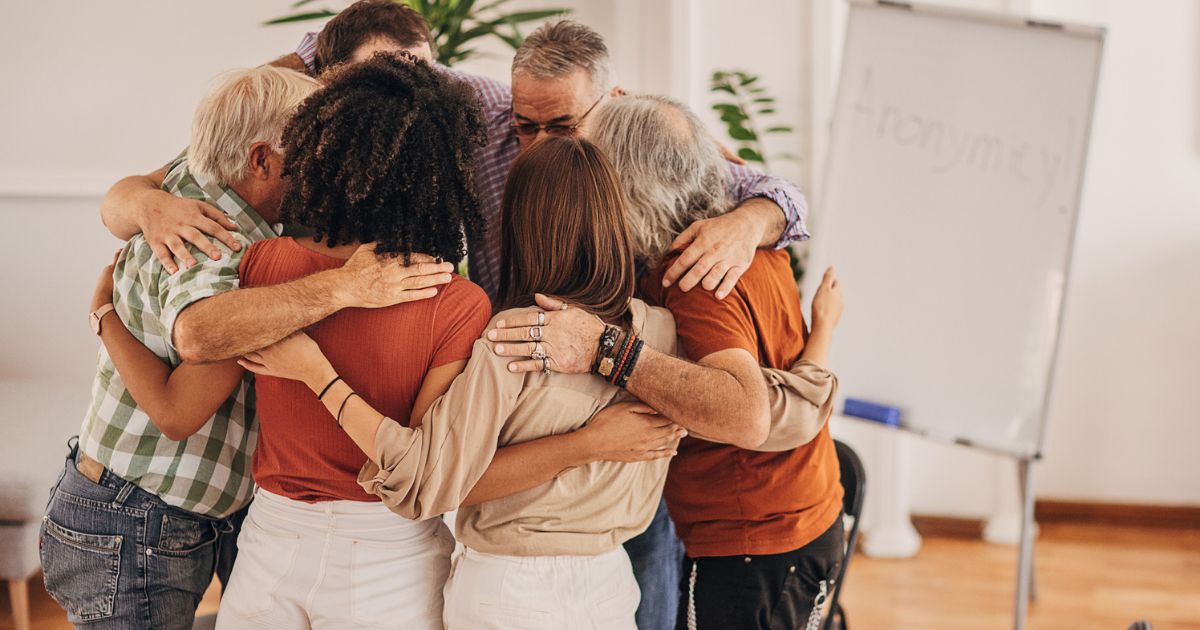
AA is known for its Daily Reflections book, which provides members with an inspirational quote or message that is meant to help them through their day. Daily Reflections are meant to inspire you to take a moment to think about your current goals and your intentions for your day.
In terms of living with gratitude, AA specifically notes that gratitude is what enables you or your loved ones to feel loved. Members of AA have noted how being grateful for being in recovery, as well as being grateful to have supportive friends and family members, helped them to feel peace in recovery. When you live every day with gratitude, it becomes easier to enjoy life, enjoy others’ company, and inspire those who are struggling to make changes.
Referencing AA’s Daily Reflections may be what you need to begin living with gratitude for what you have so you can continue working on your goals.
How Do You Live in Gratitude Each Day?
I’ve discussed how gratitude can make a profound impact on one’s life, but you may be wondering how you can practice gratitude moving forward. The following tips could help you incorporate gratitude into your everyday routine, as referenced in my social media note.
Treat Yourself With Kindness
The way you talk to yourself matters, and if you find yourself caught in a negative feedback loop, you may find it hard to be grateful. Constant self-criticism isn’t helpful, especially if you’re not looking at things objectively. Be kind to yourself – and if you find yourself experiencing constant negativity, take note of this and reframe your thoughts. For example, if you attend therapy, write down your negative thoughts so your therapist can help you reframe them into more positive ones.
Remember to Exercise
I’ve mentioned before how exercise can improve your overall health and well-being, and it’s also critical to help you find a grateful mindset. If you find it hard to be grateful for the people and things you have, or you otherwise notice your mood is becoming more negative, being active may improve your way of thinking. In addition, you’ll have improved physical health and a new pastime to inspire gratitude.
Create a Wellness Toolbox
With this strategy, you put all of your recovery tools together in one place for when you need them. For instance, if you use coping activities such as a puzzle book or a daily gratitude reflection to help keep your mind off of past mistakes, place the hard copies in a box. The same goes for your notes about calming strategies, resources to turn to in a rough patch, and even contact numbers for essential members of your support crew. When you find yourself needing tools to help you on your recovery journey, they’ll all be in one place.
Keep a Daily Journal
I find that writing down your thoughts in any given situation can help you see what you’re thinking in a new light. In terms of gratitude, I encourage you to write down three things you’re grateful for every day. You don’t have to make these all distinct from each other for each entry, as you may be grateful for someone or something every day for a certain period of time. When you write down and read what you’re grateful for, you take attention off negative thoughts and onto positive ones.
The ECHO Recovery Notebooks are perfect for daily or art journaling. Shop here.
Remember to Relax
Whether you are struggling to finish a work project or spending most of your day caring for your kids, it can be far too easy to forget to make time for the things that keep you physically and mentally healthy. However, it is vital you find time for yourself. When you take time to partake in a hobby, self-care technique, or simple relaxation, you may realize just how grateful you are for your time, your life, your family, and more.
Give Back to Others
Giving back to other people is an important fundamental concept in AA; it’s what helps build and maintain a sense of community. When you’re surrounded by people who can support you and vice versa, you can find solace, strategies, resources, support, and more from the community you’ve built. Giving back by being a part of someone else’s community may help you find purpose in life, and this can also help repair relationships that were torn apart due to AUD.
Giving back to your community can also improve your sense of gratitude while keeping you humble. As tempting as it is to revel in the feeling of helping others, it’s important to avoid feeling superior to them. This is an important lesson AA teaches us, and it can help you stay grateful and gracious along your journey.
How Does Gratitude Play a Role in Your Everyday Life?

Everyone is unique with their own upbringings and challenges. Working gratitude into your everyday life will be different for every individual, but everyone can do it effectively.
If you’re in recovery from AUD, you can begin living in gratitude by asking yourself daily, “Where would I be if I wasn’t in recovery?” At this point in time, consider this question and truly think about what your life would look like if you hadn’t taken that first step in asking for help. You may have had no loved ones in contact with you. You may not have had the job you’ve been able to secure since beginning recovery. No matter how different your life looks, you can be grateful for the positive differences you’ll note when you ask yourself this question every day.
It’s important to remember that life doesn’t become easy or painless when you seek recovery. Instead, you are learning better coping mechanisms for when life does begin to become problematic. For example, while you may have been able to find love, get married, or have children since beginning recovery, you may eventually find it hard to stay away from alcohol when your family matters get overwhelming. However, it’s moments like these when you can be grateful for the progress you have made in your life by putting away the harmful substances and looking toward more fulfilling goals.
Lessons From AA
There are a few key lessons I hope you’ll keep in mind as you walk the path toward recovery. Each one stems from AA’s guiding principles, and each could make a significant impact on how you navigate recovery and your life afterward.
It’s Okay to Need Help
I’ve heard countless times how difficult it was for people to admit to needing help – and I myself have been averse to asking for help. However, AA specifically states that the first step in getting better is to admit to a higher power that you need guidance. AA doesn’t only help those who are religious, but the main idea here is that people who want recovery must be able to ask for it. As challenging as it is, this is essential in treating AUD, and you’ll be grateful you did it.
Be Responsible
Alcohol use can cause you to think more irrationally and be more aggressive toward others. When you begin recovery, you may feel guilty for the pain you’ve caused. While it’s important that you try to make amends as a part of the AA process, remember that you can only make amends for the things you’ve done. Some people may not want to resume contact with you even if you try to heal relationships, but it’s important to note that you can only control yourself, not others and their reactions. In other words, apologizing may teach you to be more grateful, regardless of whether your apology is accepted or not.
Gratitude Improves Attitude
Alcohol tends to make people feel isolated, negative, and hopeless, and you may have been there personally. Thankfully, you don’t have to live this way for the rest of your life. When you can learn to be grateful for the experiences you’ve had and the people you’ve formed bonds with, your attitude begins to improve as well. Even when you struggle, it becomes easier to remind yourself of what you do have. Rather than scolding yourself about how much time you’ve wasted on alcohol or drug use, you can remind yourself of what you have and what matters.
Rely on Prayer or Meditation
AA uses religious principles as a driving force of their message, and they always encourage prayer or meditation that considers gratitude for a power higher than ourselves. Of course, people who attend AA come from all walks of life and varying religious beliefs, but there’s something powerful about praying or meditating upon a higher power, whether that’s God, the universe, or something else. You can pray or meditate to express gratitude for getting through another day, ask for courage to get through a tough upcoming task, and more. If you pray or meditate, incorporate this into your daily routine as a way to live in gratitude.
Live With Gratitude With ECHO Recovery

ECHO Recovery is a unique recovery community dedicated to providing resources and support to those who are willing to break free from substance use and pursue a more fulfilling life. From housing support to education, we’re committed to helping individuals walk the path toward recovery while finding gratitude every day.
Resources:
- Alcoholics Anonymous Cleveland District Office. (n.d.). Gratitude in early recovery. Retrieved March 11, 2024, from https://www.aacle.org/gratitude-in-early-recovery/
- Alcoholics Anonymous. (n.d.). News and updates. Retrieved March 11, 2024, from https://www.aa.org/taxonomy/term/76?page=28
- Kampakis, K. (2013, September). The AA way: 10 lessons we can all learn from. Retrieved March 11, 2024, from https://www.karikampakis.com/2013/09/the-aa-way-10-lessons-we-can-all-learn-from/
- Haggerty, J. (n.d.). Daily reflections AA. Retrieved March 11, 2024, from https://jameshaggertyrecovery.com/blog/daily-reflections-aa/
- Haggerty, J. (n.d.). Giving back AA. Retrieved March 11, 2024, from https://jameshaggertyrecovery.com/blog/giving-back-aa/
- Herren Wellness. (n.d.). The importance of gratitude in recovery. Retrieved March 11, 2024, from https://herrenwellness.com/the-importance-of-gratitude-in-recovery
- National Institutes of Health. (2015, August). Positive emotions and your health. News in Health. Retrieved March 11, 2024, from https://newsinhealth.nih.gov/2015/08/positive-emotions-your-health

Experienced Chief Executive Addiction Recovery and Mental Health Professional
Business professional in the Addiction Recovery and Mental Health industry for the past 26 years. Caring, compassionate and strongly motivated to make a difference in the organizations I am affiliated with and welfare of the population we serve. Currently focused on advocating, educating and developing projects leveraging evidence based, real time technology to support individuals in recovery.




